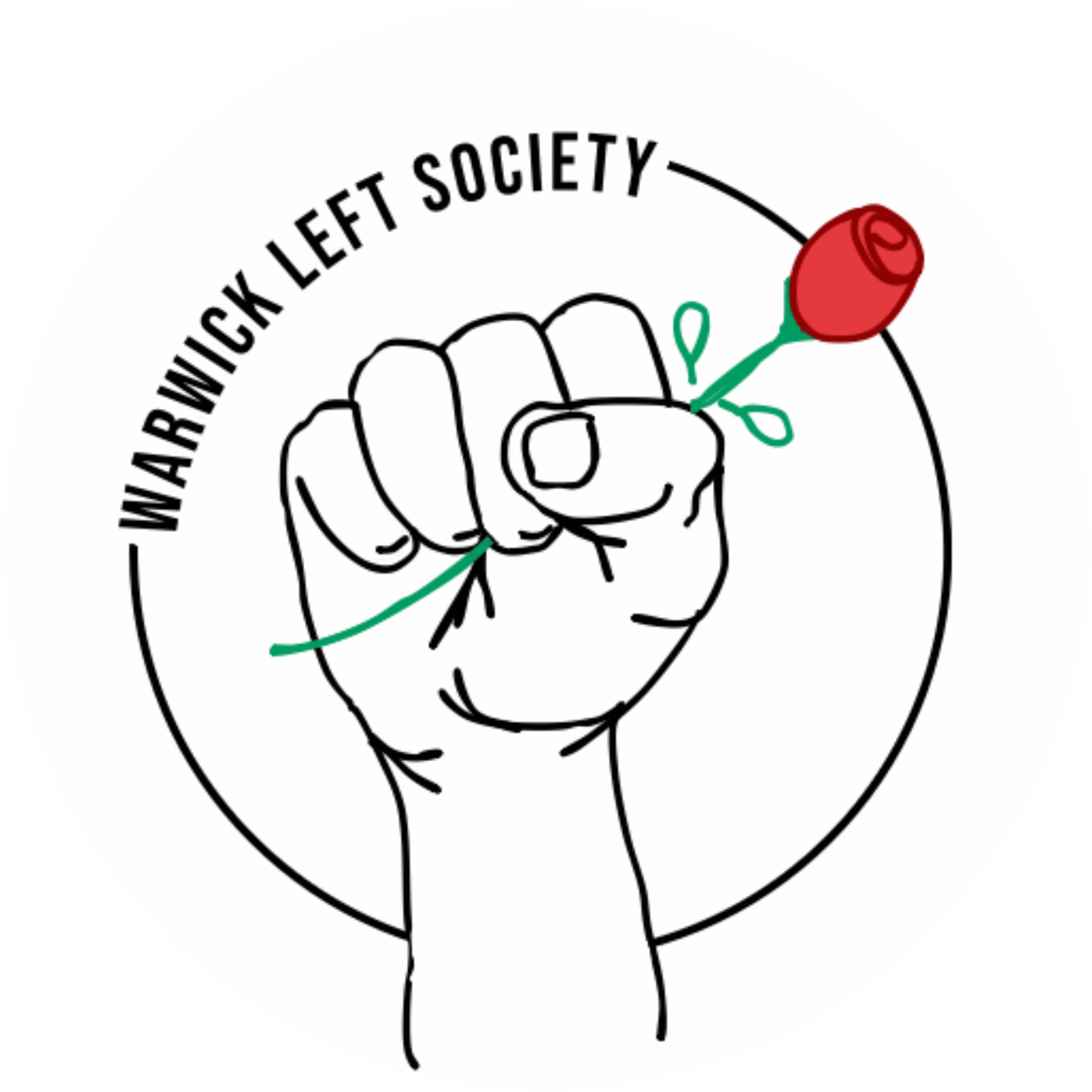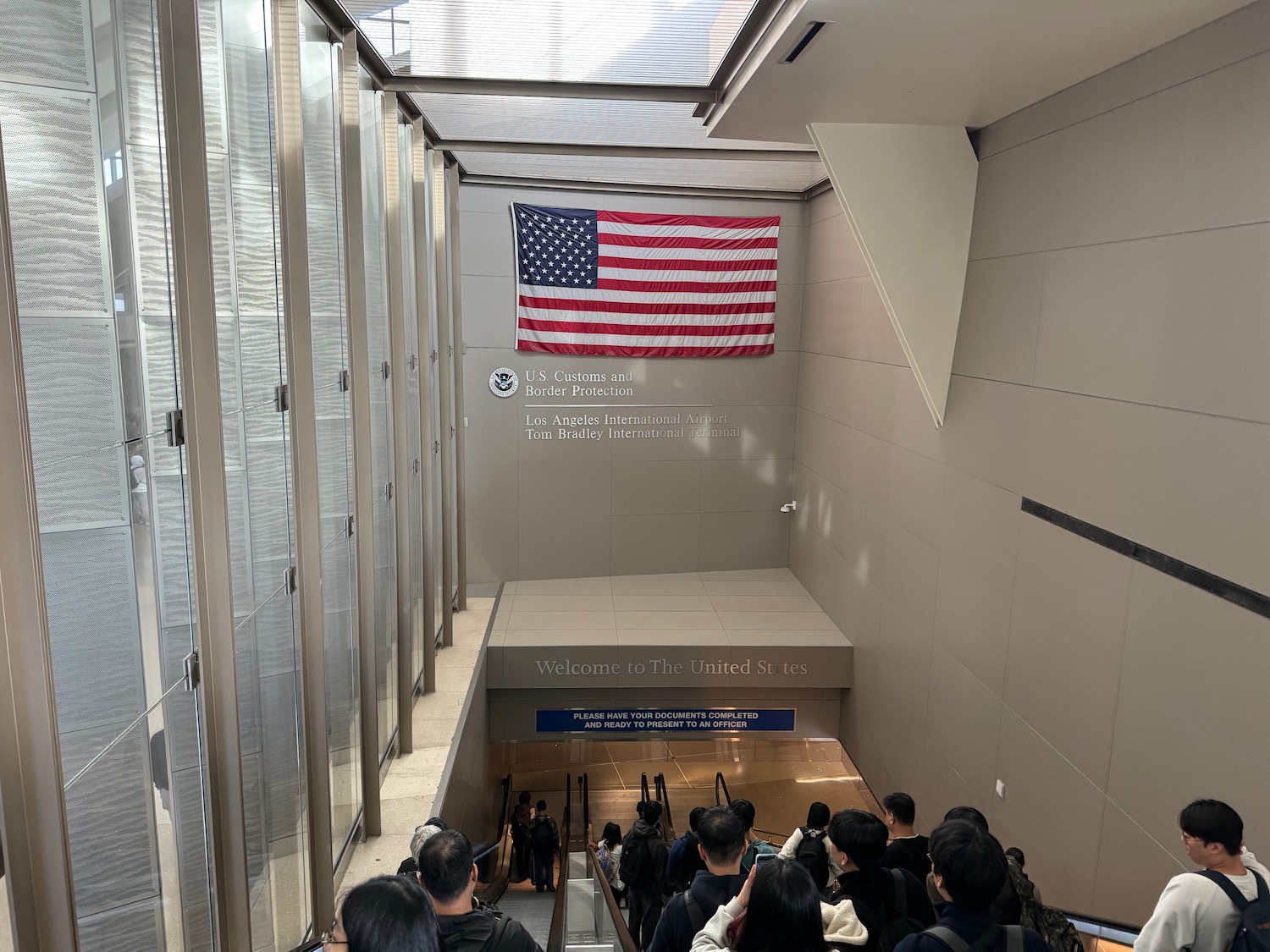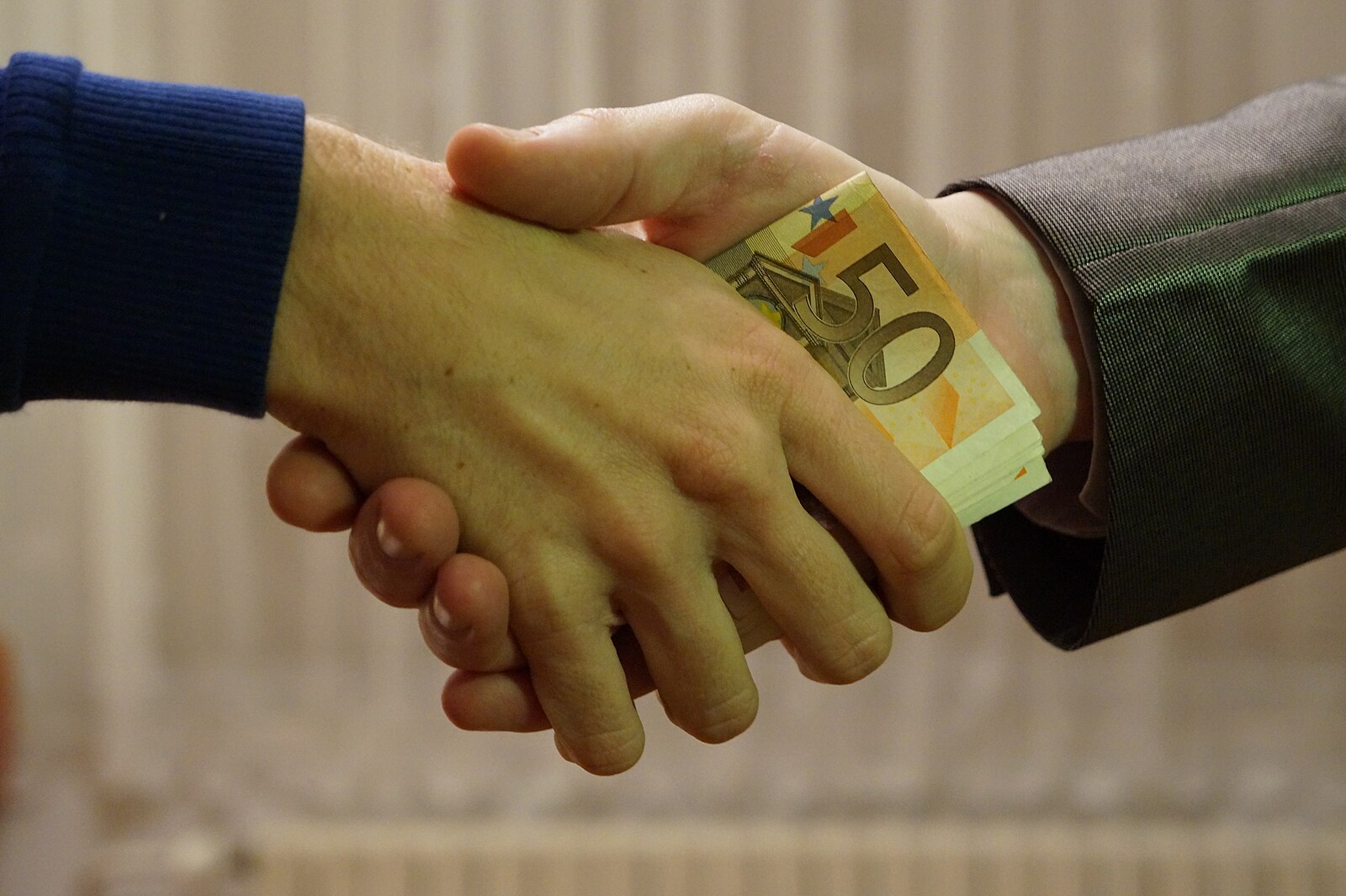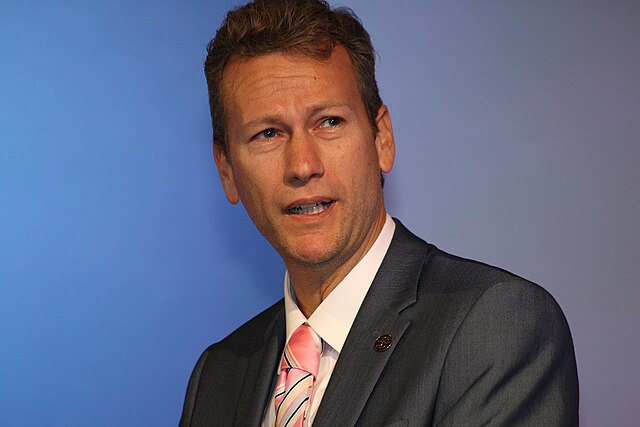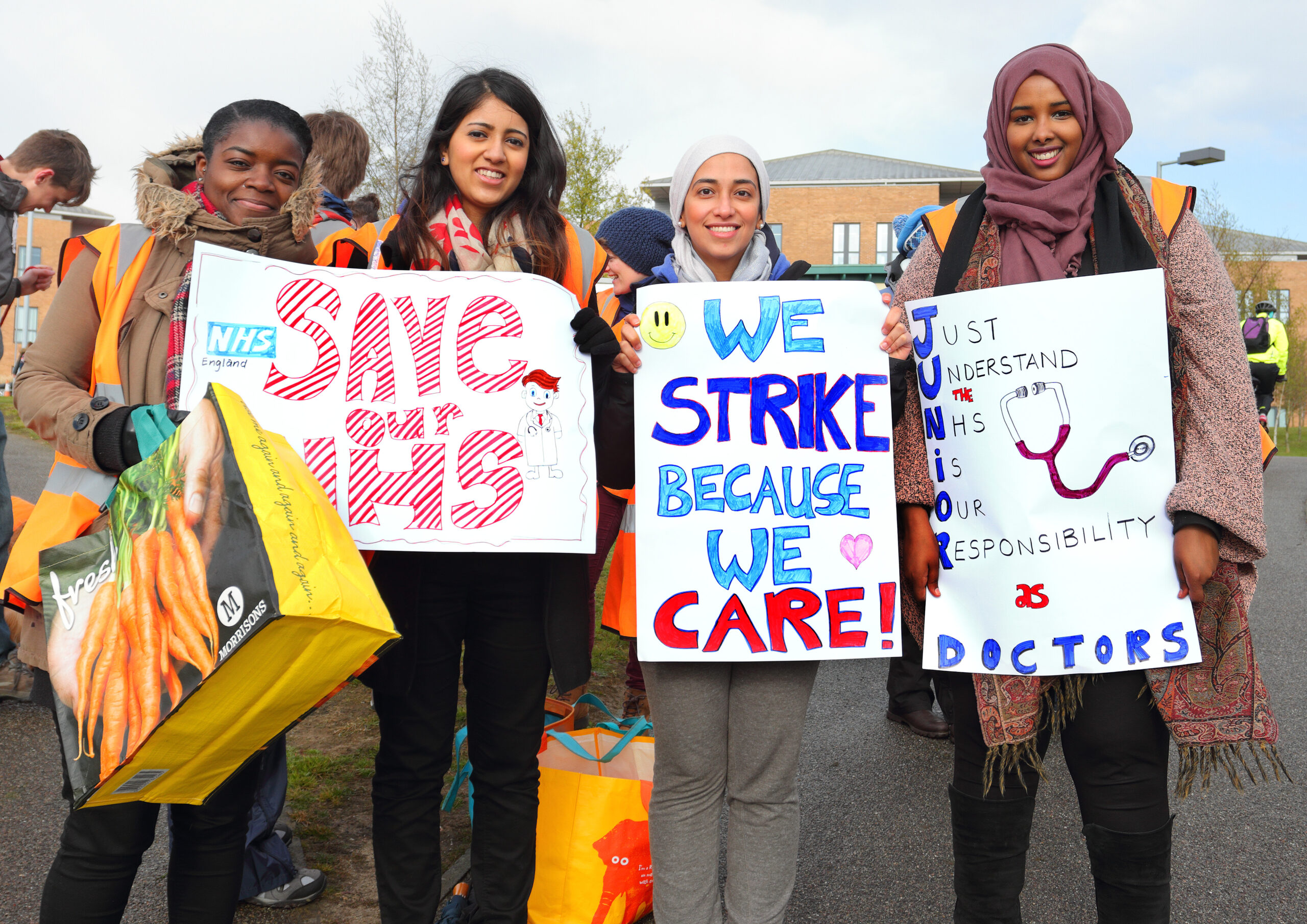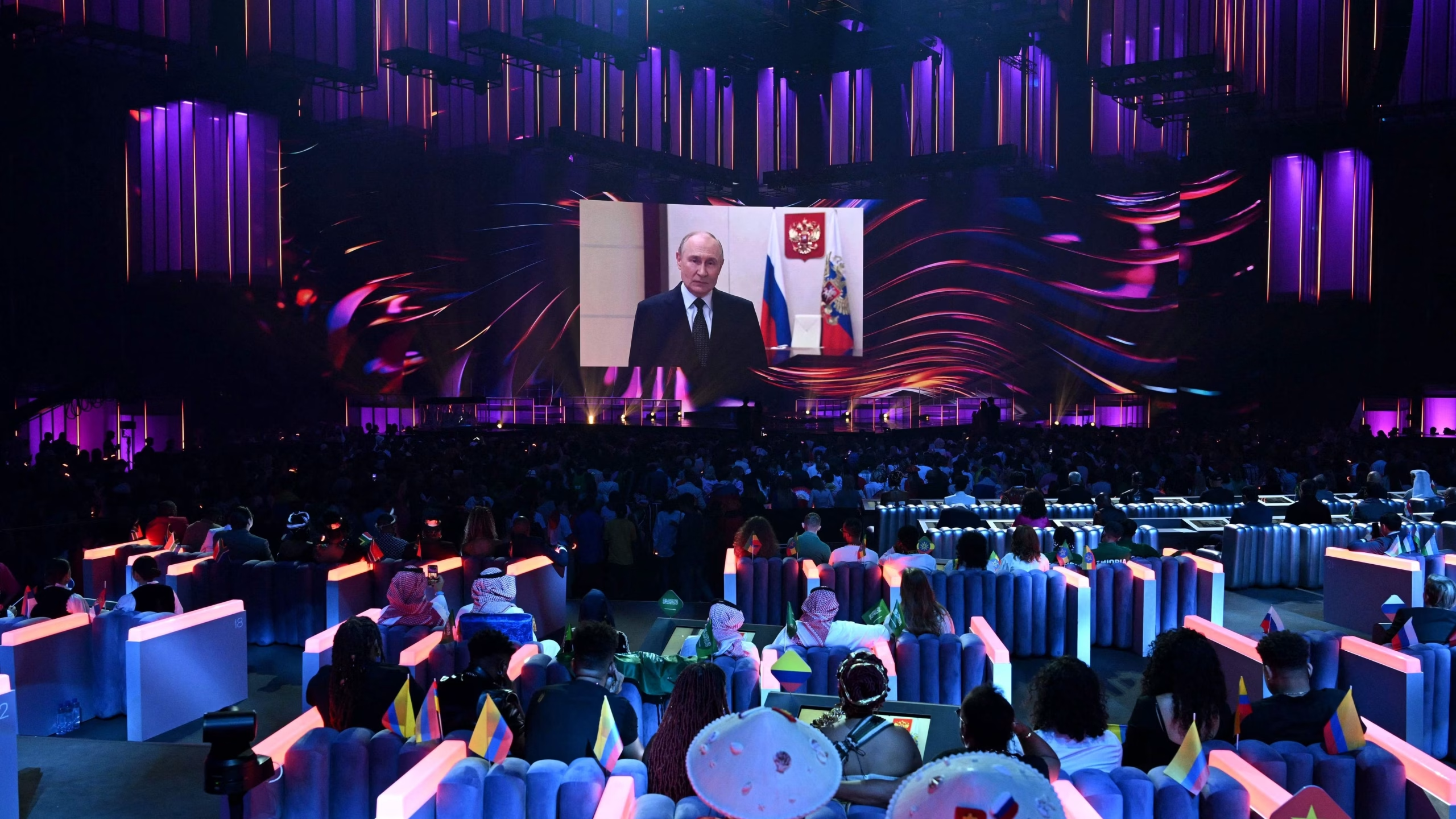
Image credits: Heute.at
The crowd roared as the acts arrived on stage, illuminated by the glow of the spotlights and the dancing flames of the pyrotechnics. Thousands of flags were held aloft before the cameras by the audience as millions of international viewers watched on TV. However, this wasn’t a normal song contest. Instead, this is Intervision 2025 – a cultural relic of the Cold War, revived for a new age of global power politics.
The Intervision Song Contest was first conceived in Czechoslovakia in 1965, and hosted participants from across the Soviet aligned countries, acting as a rival to Eurovision. In 1980, Eurovision hosted most countries to the west of the Iron Curtain, while Intervision hosted the entirety of the Eastern Bloc. While Intervision has largely been forgotten as a part of Cold War cultural history, it demonstrated how Europe was divided across cultural lines, as well as obvious political and economic ones.
Despite the pronouncements of its organisers that Intervision 2025 is a non-political competition, it is by its very existence, political. While the Cold War version of Intervision was designed to demonstrate that Soviet dominated Eastern Europe had its own thriving cultural scene alongside the West, Intervision 2025 has a slightly different purpose. Instead of directly presenting a distinctive cultural offering to the West, it instead emphasises the nature of the cultural divide between the more socially liberal West, and the traditionalist cultures of its participants – particularly Russia. In this sense, it’s even more political than its predecessors since it aims to open a divide rather than simply presenting an alternative.
Furthermore, a revived Intervision has been proposed before. While a competition took place in 2008, it failed to get off the ground and was not renewed. Then, in 2014, Austrian drag queen Conchita Wurst won Eurovision – to the shock and horror of reactionary politicians and public figures, particularly in Russia. Nationalist politician Vladimir Zhirinovsky responded extremely normally to a drag queen winning a song competition by stating “It’s the end of Europe” and arguing that Russia made a mistake by ending its occupation of Austria after the Second World War. Meanwhile, Valery Rashkin, the leader of Russia’s Communist Party said that the results “exhausted our patience. We cannot tolerate this endless madness”, and called for the revival of Intervision as an alternative – which was gleefully accepted by the Russian authorities.
While this revived Intervision ended up being cancelled due to the “political situation” at the time, it does demonstrate how Intervision’s status as an alternative to Eurovision owes more to culture wars and a pushback against tolerant attitudes than it does to a genuine desire to set up a platform for non-western cultural exchange.
Intervision 2025 certainly can be said to fill this criteria. Within Russia, it is branded as having “traditional, universal, spiritual and family values” and being distinct from the perceived weaponisation of art and sports in political struggles – as stated by Sergei Lavrov, the Russian foreign minister, at a press conference promoting it. One would think that the foreign minister of a global power would have better things to do than to promote a song competition – thereby in itself demonstrating the geopolitical utility of Intervision to Russia. Lavrov used his promotional speech to critique Eurovision and promote Intervision as a contrast “free from discrimination or the imposition of modern reinterpretations, like the rewriting of The Last Supper we witnessed at the Paris Olympics opening ceremony” – quite literally piggybacking on American culture wars.
Indeed, Russian state propaganda has a history of utilising the causes of right wing and reactionary movements to its own ends. Disinformation is utilised to manipulate and mislead the public of more tolerant Western countries, and push them into the willing arms of the far-right; which tends to hold much more tolerant views towards the Russian state, and is more likely to be opposed to sanctions and military support for Ukraine. Cultural conservatism is weaponised and used to undermine democracy and create division, which furthers Russian geopolitical objectives through creating division in Europe. It also furthers cultural objectives, through allowing Russia to present itself as a defender of so-called “traditional values”, boosting its soft power and cultural capital within more conservative societies. This can be reflected through looking at the participants of Intervision – Uzbekistan, Saudi Arabia and Qatar are all deeply conservative.
The diverse nature of Intervision’s participants also demonstrate how in spite of being the most sanctioned country in the world and launching an illegal war, Russia is not exactly a global pariah outside of the West. Indeed, none of Intervision’s contestants take a pro-Ukrainian political position, and have consistently either voted with Russia or abstained on resolutions related to Ukraine at the United Nations. The revived Intervision appears therefore to be an attempt to deepen cultural ties and links between those countries that Russia is more geopolitically aligned towards -and indeed, the invitation to join Intervision in Moscow was only extended to “friendly” countries.
As the world becomes more globalised and interdependent, geopolitical power struggles remain as prominent as ever. A singing competition certainly isn’t as obvious a site of international competition as a trade war or a speech at the UN, but it remains just as much of a site of contestation and a way to strengthen alliances. Intervision also isn’t going away; with the 2026 edition taking place in Saudi Arabia, and it seems the internationalisation of culture wars may well become another depressing feature of global politics.
